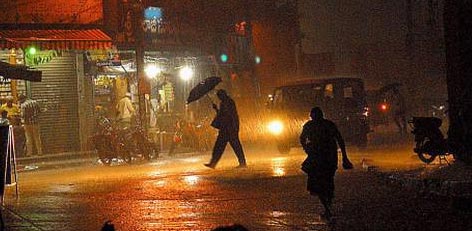Lack of sleep impairs memory function due to stress, says study
Posted on: 15/Jul/2015 11:20:44 AM

A new study has been published in the journal SLEEP that shows that those with lesser sleep in the night have stress issues relating to recalling things thereon. The study was conducted by researchers at the Uppsala University in Sweden.
Researchers conducted a learning session in the evening. During this session, 15 participants learned 15 card pair locations on a computer screen. Some of the participants slept for half a night, which was 4 hours; the others slept a full night, which was 8 hours. The next morning, they were asked to recall the card pairs from the previous evening. All subjects were able to perform well. However, it was found that those who had half a night’s sleep went through acute stress during the exercise, and those with a full night’s sleep did not.
Speaking about the study, a researcher from Uppsala University said, ‘The two important take home messages were: First, even though losing half a night of sleep may not impair memory functions under baseline conditions, the addition of acute cognitive stress may be enough to lead to significant impairments, which can possibly be detrimental in real-world scenarios. Second, interventions such as delaying school start times and greater use of flexible work schedules, that increase available snooze time for those who are on habitual short sleep, may improve their academic and occupational performance by ensuring optimal access to memories under stressful conditions.’







